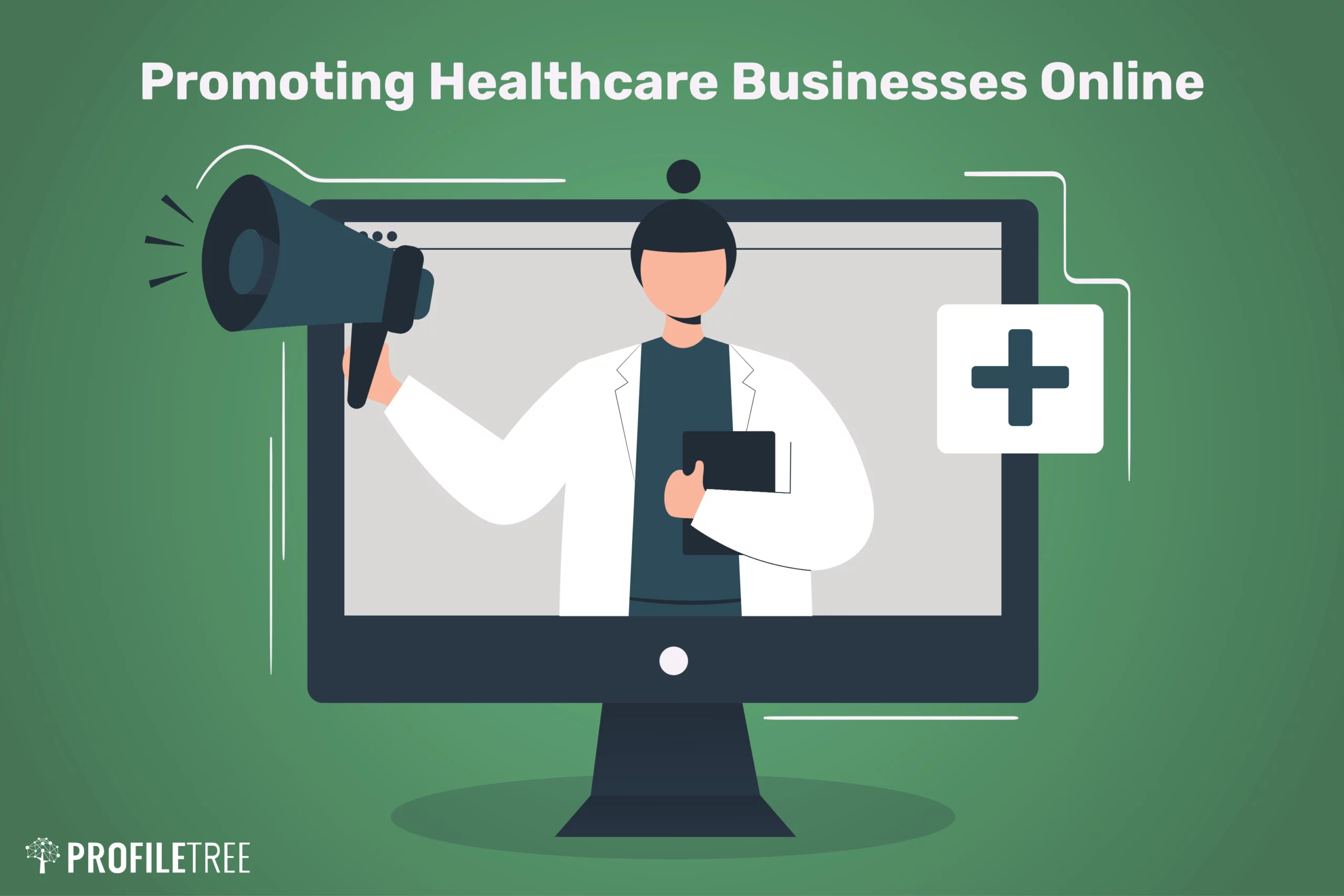The Influence of Subscription Based Healthcare on Typical Clinical Practices
The Influence of Subscription Based Healthcare on Typical Clinical Practices
Blog Article
The Rise of Subscription-Based Healthcare and Its Effect On Individual Treatment
As health care advances, the subscription-based design is gaining traction, guaranteeing to transform patient treatment by supplying predictability and access. The potential for these versions to improve health care distribution elevates pressing questions about their long-term sustainability and inclusivity. Are these membership solutions the future of health care, or do they run the risk of leaving at risk populations behind?
Comprehending Registration Health Care Versions
Grasping the idea of membership health care models includes examining a transformative method to clinical services that emphasizes cost and availability. These versions, often described as direct primary care (DPC) or attendant medication, have actually become innovative alternatives to conventional fee-for-service healthcare systems. Membership health care enables patients to pay a set month-to-month or yearly fee for a defined set of clinical solutions, which might consist of limitless office visits, regular exams, and standard laboratory examinations, without the requirement for typical insurance policy billing.
The structure of membership medical care designs is created to enhance individual care by getting rid of third-party payers and complicated billing codes, thus lowering administrative burdens. Health care suppliers can focus extra on patient care, cultivating more powerful patient-provider relationships. This model additionally advertises preventative care by encouraging regular gos to, as the financial barrier of per-visit costs is eliminated.
The registration model commonly empowers doctor to take care of smaller client panels, enabling more tailored treatment. It aligns economic incentives with person health results, as companies are inspired to maintain client fulfillment and health. Generally, comprehending registration medical care versions calls for recognizing their potential to improve how care is provided and accessed.
Advantages for Individuals and Providers

With a stable income stream, medical care specialists can devote even more time to each patient, leading to an extra tailored and comprehensive care experience. The focus on precautionary care within subscription plans can lead to much better client results and minimized lasting medical care prices.
Concerns and challenges
While subscription-based medical care versions present various benefits, they additionally come with a collection of obstacles and problems that should be dealt with. Initially, availability stays a substantial issue, as these versions often target individuals who can pay for month-to-month costs, potentially excluding low-income populations. This elevates moral inquiries concerning fair accessibility to healthcare solutions. Furthermore, the varied nature of membership strategies can lead to confusion amongst people regarding coverage specifics, possibly causing unmet assumptions or insufficient care.
Financial sustainability of subscription-based designs is one more issue. Service providers need to balance the set revenue from memberships with the variable expenses of healthcare services, which may fluctuate as a result of unforeseen clinical demands. This can produce stress to restrict services or increase fees, possibly affecting patient fulfillment and care top quality.
Additionally, governing oversight of subscription-based health care models is still evolving. Attending to these difficulties is vital for the fair and effective implementation of subscription-based health care.
Effect on Patient-Doctor Relationships
One substantial effect of subscription-based health care designs on patient-doctor relationships is the capacity for enhanced connection and individualized treatment. By adopting official source a registration design, doctors can take care of a smaller patient panel, permitting for even more committed time with each person. This raised accessibility fosters a deeper understanding of a client's medical history, way of life, and preferences, making it possible for more tailored therapy strategies and treatments.

Nonetheless, it is very important to recognize that while subscription-based designs may profit those who can afford them, they could inadvertently broaden health care variations. People that are unable to join these designs might experience lower access to customized care, potentially affecting their relationships with doctor. Hence, while the subscription model uses basics appealing advantages for patient-doctor connections, it likewise poses obstacles that need to be resolved to ensure equitable health care gain access to.
Future of Medical Care Access

The role of modern technology can not be forgotten in this improvement. Telemedicine platforms and digital health and wellness documents help with seamless interaction in between people and doctor, breaking down geographical and logistical barriers. In addition, advancements in expert system and information analytics can additionally individualize healthcare by forecasting individual needs and maximizing therapy strategies.
However, the future of medical care accessibility additionally presents obstacles, such as making sure equity throughout different socio-economic teams. Policymakers and health care providers should team up to connect the digital divide, making sure that subscription-based designs continue to be comprehensive and inexpensive. As these systems develop, they hold the assurance of making healthcare extra available, effective, and patient-centric.
Verdict
Subscription-based health care versions are reshaping client care by supplying a stable expense structure and enhancing accessibility. These versions enhance patient-provider relationships via customized treatment and routine gos to, highlighting preventative health and wellness. In spite of these advantages, challenges such as accessibility problems for low-income populaces and the demand for equitable health care remedies persist. The increase of subscription-based healthcare urges proactive go now patient engagement, which has the prospective to boost person outcomes and contentment, signaling a transformative shift in health care shipment.
As medical care develops, the subscription-based version is acquiring traction, assuring to change person treatment by offering predictability and availability.Subscription-based medical care models provide unique advantages for both people and service providers, improving the total healthcare experience.As medical care systems progress, the future of medical care access often pivots on the integration of cutting-edge designs and modern technologies.Subscription-based healthcare models are reshaping individual treatment by providing a stable expense structure and boosting availability. The increase of subscription-based medical care urges proactive client engagement, which has the possible to enhance individual end results and satisfaction, indicating a transformative change in medical care distribution.
Report this page